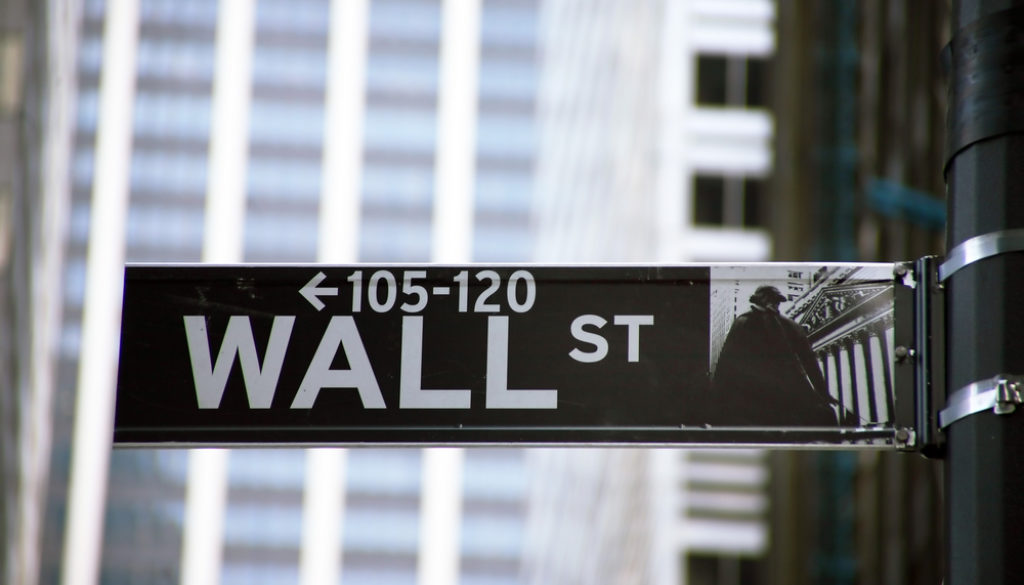The New York Times Predicted Three Potential Causes of the Next Recession, But Omitted the Critical Role of Deregulation
By Better Markets
In a recent piece looking at the three most likely causes of the next recession, the New York Times cited the potential double-whammy of when the economic boost from the recent tax cuts wears off coupled with an increase in interest rates, the popping of the debt bubble as the levels of debt corporations have loaded on becomes unsustainable (also because of increasing interest rates), and finally the risks of the continued trade war with China and other countries.
Conspicuously absent from the analysis was financial deregulation.
Since the Trump administration took office, and even before it, there has been a massive deregulatory effort underway in the banking regulatory agencies, Congress, and in the courts.
Congress passed and the President signed into law S. 2155, the bank deregulation bill. While its supporters presented it as primarily geared toward small and community banks, in fact the legislation more directly helps some of the largest banks in the world. For example, the bill raised the threshold for enhanced risk-tailored rules from $50 billion to $250 billion in assets, exempting 26 of the largest 41 megabanks in the country from robust scrutiny.
In addition, the Federal Reserve is plunging ahead with its plans to significantly roll back provisions of the Volcker Rule. Though lest anyone think that they will stop there, remember that Vice Chair for Supervision Randy Quarles in a statement made when the Volcker changes were released indicated that more rollbacks were to come, stating, “…this proposal represents our best first effort at simplifying and tailoring the Volcker rule….I view this proposal as an important milestone in comprehensive Volcker rule reform, but not the completion of our work.”
When industry fails to kill or weaken the rules at the agencies, it frequently goes to court to get the rule thrown out, effectively judicial deregulation. For example, the court struck down a rule requiring CLO managers to hold a portion of the risk they helped create when packaging high risk commercial loans into securities for sale to investors, ensuring that they have “skin in the game.” Another court killed the Department of Labor’s “client’s best interest” fiduciary duty rule requiring financial advisers to act in the best interest of their clients saving for retirement.
The very pillars of financial stability are being systemically eroded by the Trump administration and its Wall Street allies and that is making us less safe every day. The question is not if the sum total of these and other actions will cause another financial crisis, but when.

